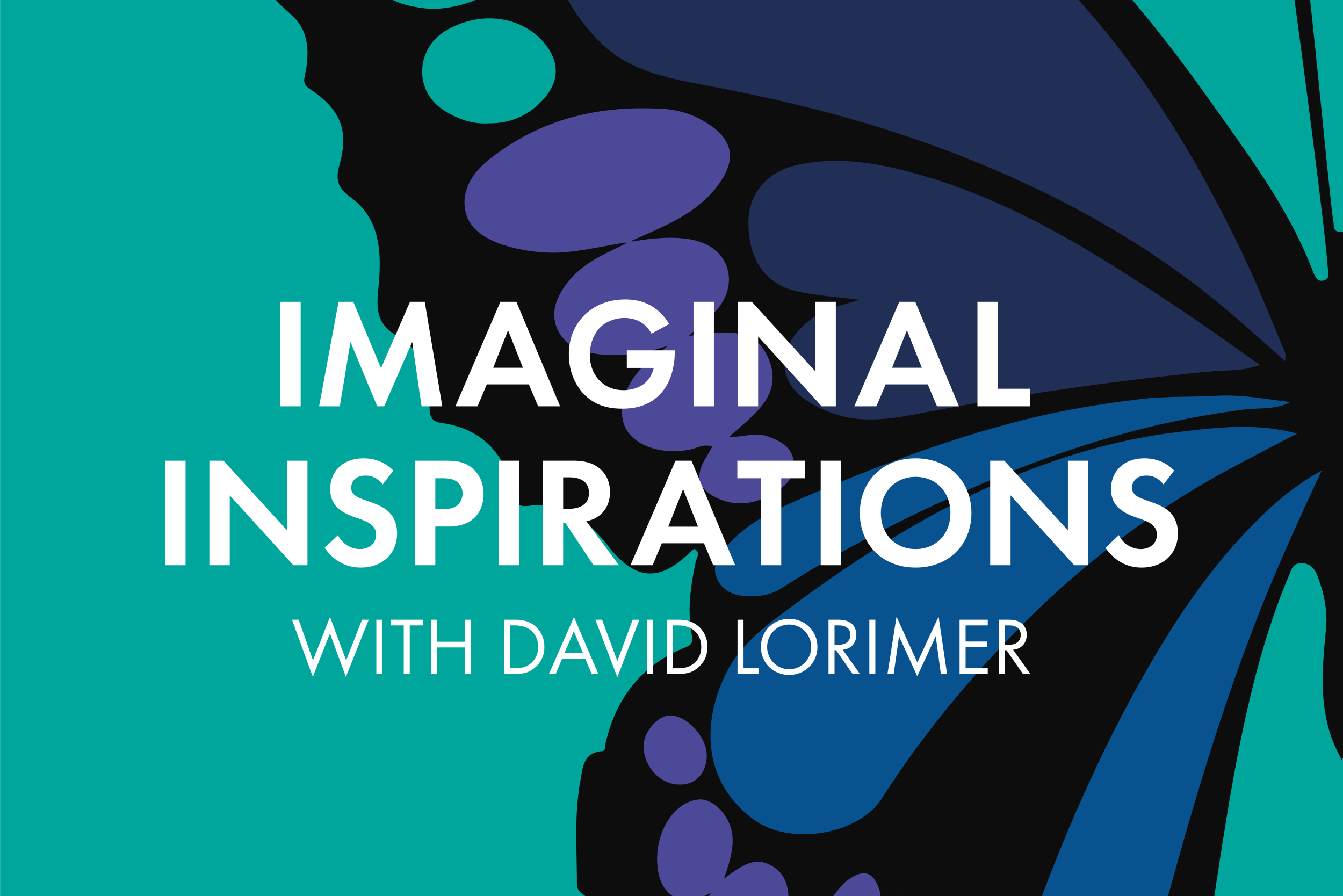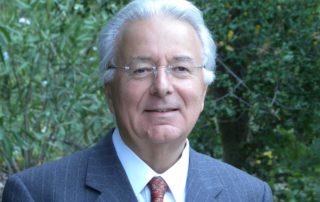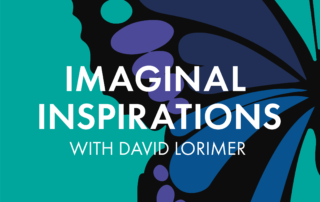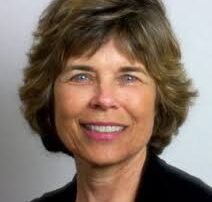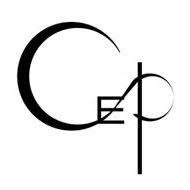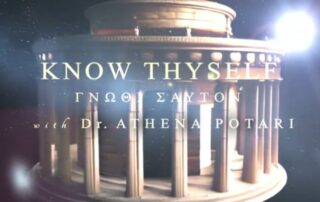
Expanding the Scope of Science
ORIGINS
David Lorimer introduces the Galileo Commission Report
REMIT
The Galileo Commission was founded in 2017 with a view to expanding the worldview of science beyond its limiting materialistic assumptions, which are seldom explicitly examined. A central and widely held assumption is that the brain generates consciousness and is therefore extinguished at death.
Following widespread consultation in 2018 with 90 advisers representing 30 universities worldwide, we have published the Galileo Commission Report, written by Prof Dr Harald Walach and entitled Beyond a Materialist Worldview – Towards an Expanded Science. The report has been widely endorsed as a groundbreaking document, so we encourage you to support our movement by joining the Galileo Commission either as a Professional Affiliate or a Friend. There is also a Summary Report and a Layman’s Report, and a brief summary of the argument is available in a number of languages. We encourage you to read and support Dr Athena Potari’s Call for a Renaissance of the Spirit in the Humanities and to read our edited book Spiritual Awakenings, which documents the transformative experiences of 57 scientists and academics.
A Call for a Renaissance of the Spirit in the Humanities
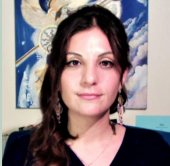 The “Call for a Renaissance of the Spirit in the Humanities”, written by Dr Athena D. Potari, is a pioneering project aiming to raise awareness regarding how the prevailing paradigm of materialism affects the ways in which knowledge is approached within the context of the Humanities. In line with the Galileo Report, which discusses the importance of liberating the positive sciences from the limitations of the paradigm of scientific materialism, this Call aims at making the case for the Humanities as well. The Call explores how recent developments in scientific studies on consciousness, and the ensuing understanding that consciousness is primary and unified, can inform our understanding of what it means to be “human” with correspondingly appropriate epistemologies, as well as how we approach key areas of human activity, including ethics, politics and the environment.
The “Call for a Renaissance of the Spirit in the Humanities”, written by Dr Athena D. Potari, is a pioneering project aiming to raise awareness regarding how the prevailing paradigm of materialism affects the ways in which knowledge is approached within the context of the Humanities. In line with the Galileo Report, which discusses the importance of liberating the positive sciences from the limitations of the paradigm of scientific materialism, this Call aims at making the case for the Humanities as well. The Call explores how recent developments in scientific studies on consciousness, and the ensuing understanding that consciousness is primary and unified, can inform our understanding of what it means to be “human” with correspondingly appropriate epistemologies, as well as how we approach key areas of human activity, including ethics, politics and the environment.What people say…
Featured book
Featured podcast
The Playful Universe – Marjorie Woollacott, David Lorimer and Gary Schwartz (Eds)
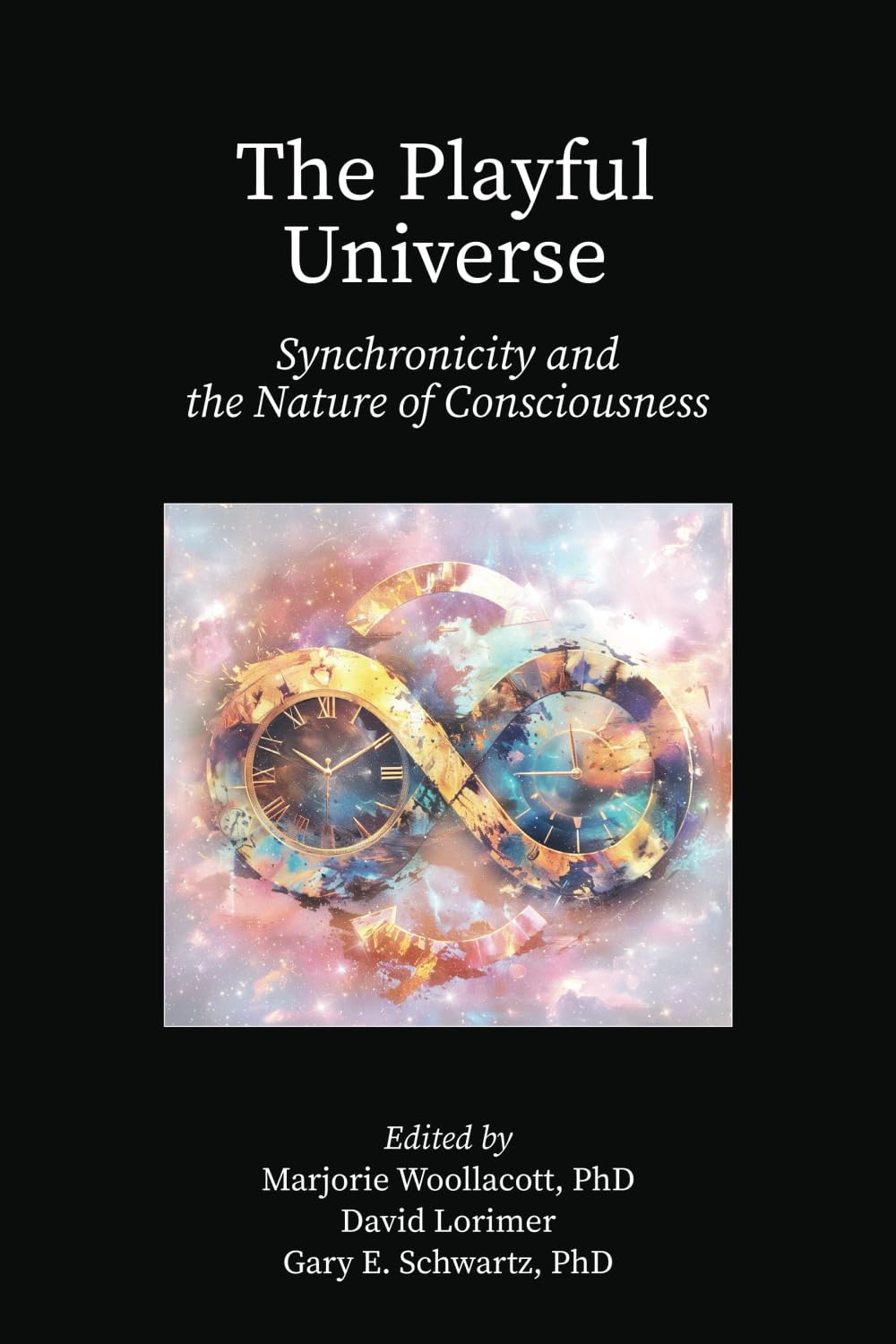
This volume consists of essays by scientists and academics describing their own experiences of synchronicity and how these experiences transformed both their worldview and the way they lived their lives. We truly believe that this is a fundamentally intelligent, benevolent, creative and playful universe in which we, as individual expressions of the one Universal Mind, co-create our reality.
Recent News
Federico Faggin – Quantum Information Panpsychism Explained
CPU inventor and physicist Federico Faggin, together with Prof. Giacomo Mauro D'Ariano, proposes that consciousness is not an emergent property of the brain, but a fundamental aspect of reality itself: quantum fields are conscious and have free will. In this theory, our physical body is a quantum-classical ‘machine,’ operated by free will decisions of quantum fields. Faggin calls the theory 'Quantum Information Panpsychism' (QIP) and claims that it can give us testable predictions in the near future. If the theory is correct, it not only will be the most accurate theory of consciousness, it will also solve mysteries around the interpretation of quantum mechanics.
Imaginal Inspirations with Douglas Grunther
Douglas Grunther is the creator/host of the Woodstock Roundtable, a rollicking--and multi award-winning--radio talk show spiced with humor and informed by his love of philosophy, depth psychology, and spiritual
Marjorie Woollacott on the MindThatEgo podcast
In this lucid synthesis, the pair explore the neural correlations between language, the sense of self, and expanded states of awareness — and how that relates to 10th century Kashmir philosopher Utpaladeva’s Stanzas on the Recognition of Shiva.
BPS CEP event 4th March 2025: Consciousness in human and other things with Anil Seth
Consciousness research is progressing apace. Professor Anil Seth's webinar will illustrate how the framework of predictive processing can help bridge from mechanism to phenomenology - addressing not the 'hard problem' but the 'real problem' of consciousness.
Imaginal Inspirations with Laleh Quinn
David's guest this month is Dr. Laleh Quinn, who has been a research faculty member in the Cognitive Science department at the University of California San Diego
KNOW THYSELF Podcast Series Episode 3 – Ravi Ravindra
In this episode we welcome Dr Ravi Ravindra who shares fascinating insights from his long experience in the fields of Physics, Self-inquiry and Spirituality; his understanding of
